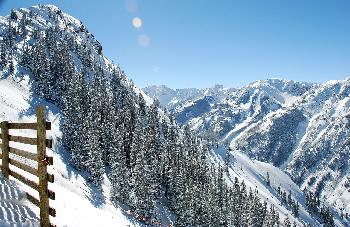Tokyo City
Tokyo City
A former municipality that was founded on the 1st of May 1889 and existed until it was combined with Tokyo Prefecture on the 1st of July 1943 to create the Tokyo Metropolitan Government, Tokyo City is presently comprised of twenty-three special wards, and forms the eastern part of modern Tokyo's mainland. A number of people still call it Tokyo City to collectively refer to its twenty-three special ward; although this may be convenient, it is technically imprecise as the wards don't share a city council or mayor, but somewhat function as individual municipalities under Tokyo Metropolitan Government.

These twenty-three special wards that formerly comprised Tokyo City after being combined to Tokyo Prefecture lost its municipality status along with being split into wards. Every ward became a local municipality having its own designated assembly and mayor, but conflicting to an ordinary city as certain functions of its government are handled by the metropolitan government of Tokyo; additionally, mostly having no specific center, as well as small cultural or comparable distinctiveness from its direct surroundings.
On the 1st of September 2003, the former Tokyo City (special wards collectively) had an official summed-up population of approximately 8.43 million, having a population density of thirteen-thousand-four-hundred-sixteen persons for every square kilometer. Today, the name "central Tokyo" may refer to special wards that largely make up the areas within Yamanote Line loop including Bunkyo, Chiyado, Minato, Chuo, Taito, Toshima, Shibuya, and Shinjuku.
Although the generally-accepted hub of Tokyo is its Imperial palace, because of its being a rail-centric city, there are still several major city centers where shopping, entertainment, and business are gathered around major stations of train. These include Shinjuku, Marunouchi & Yurakucho, Shinbashi, Shinagawa, Shibuya, Ikebukuro, Ueno, Odaiba, Nagatacho, Akasaka, and Aoyama.

At present, the former Tokyo City takes part of the world's biggest metropolitan economy regardless of its falling in rank the previous years because of currency fluctuations and stagnation. In 1995, it ranked fourth in GDP in comparison to other nations such as US, Germany, and Japan itself. It has become one of the main international centers for finance, as well as the site for the biggest insurance companies and investment banks in the world. It also serves as a center for the transportation, broadcasting, and publishing industries of Japan. Furthermore, Tokyo Stock Exchange is currently the world's second biggest by market capitalization of accounted shares which is at over $4 trillion.













